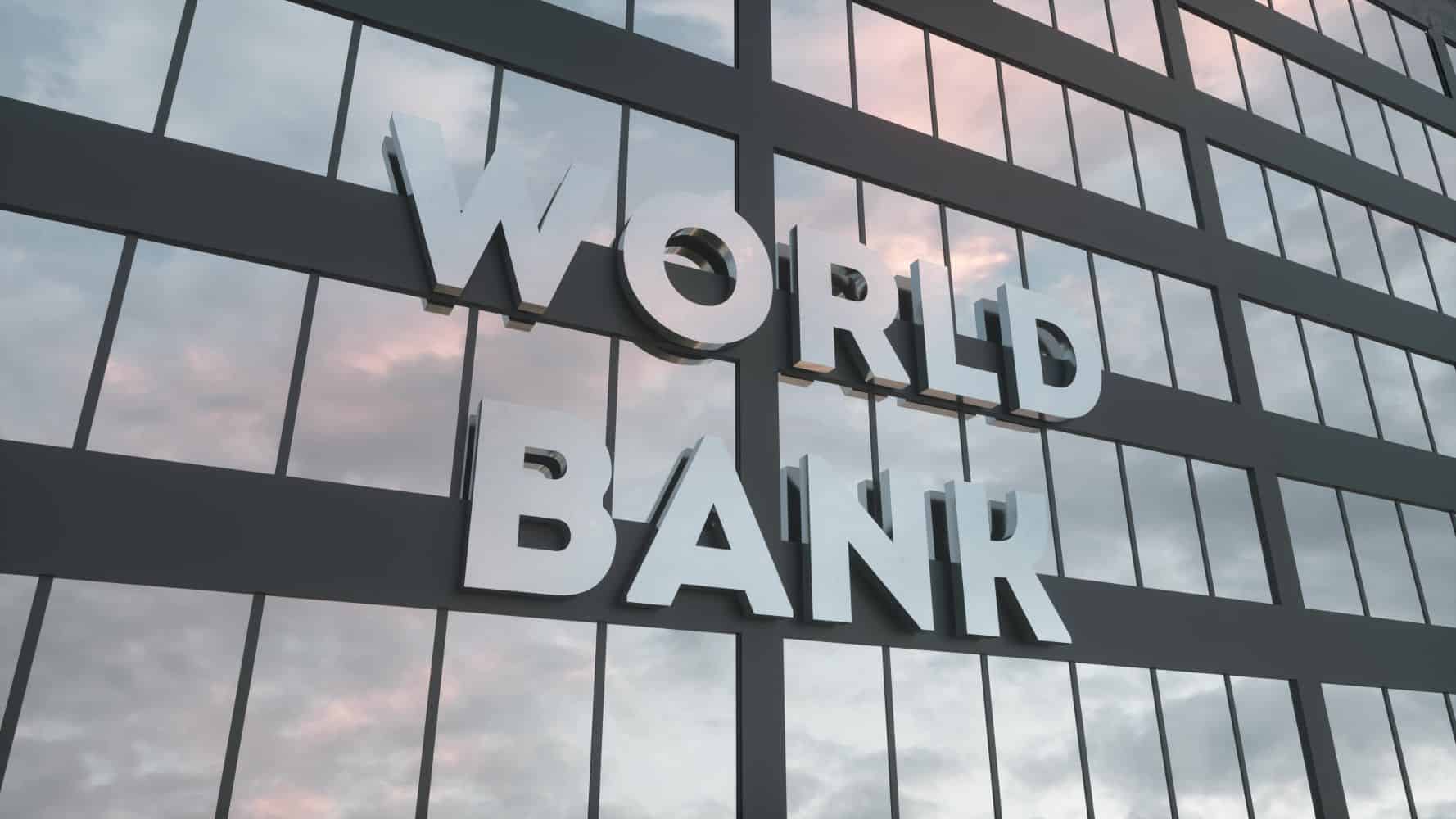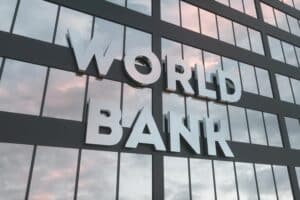It offers ‘favourable interest rates and flexible repayment terms’ that minimise the increase in debt service costs.

South Africa has secured a US$1.5 billion (R27.2 billion) loan from the World Bank to support urgently needed structural reforms in the country’s infrastructure sectors, with a particular focus on energy and freight transport.
The National Treasury notes in a statement issued on Monday that the loan agreement is key to addressing the country’s long-standing economic constraints, including low growth and high unemployment.
“The loan will help unlock key infrastructure bottlenecks, particularly in the energy and freight transport sectors, thereby enabling inclusive economic growth and fostering job creation,” it adds.
ALSO READ: R26 billion rescue from World Bank: Can the loan save Eskom and Transnet?
Loan to improve service delivery
According to Treasury, the loan is aimed at improving service delivery across priority sectors of the economy.
The financing forms part of “broader efforts” to implement structural reform, including improving energy security, enhancing the efficiency and competitiveness of freight transport, and supporting a low-carbon economic transition.
These areas are “critical enablers” of growth and job creation, Treasury notes.
Although electricity supply has stabilised in South Africa, the persistent unreliability of the power system in certain parts of the country has significantly constrained GDP growth, while ongoing port and rail inefficiencies — largely attributed to Transnet — continue to hamper the performance of the mining and manufacturing sectors.
ALSO READ: World Bank has simple answer to improve South Africa’s economic growth
The terms
Treasury says the financing terms of the loan are in line with its financing strategy, which is “important to the government’s financial stability”.
“Specifically, the loan offers both favourable interest rates and flexible repayment terms, contributing to minimising the increase in debt service costs”
In its 2025 Budget Review, Treasury projected South Africa’s debt service costs to reach R426.3 billion in the 2025/26 financial year, rising to R447 billion in 2026/27 and R477.5 billion in 2027/28.
The loan has a nominal value of $1.5 billion (R27.2 billion), a maturity of 16 years, including a three-year grace period, and carries an interest rate linked to the six-month SOFR (secured overnight financing rate) plus 1.49%.
South Africa’s public infrastructure needs have been a focal point of reform initiatives.
Through Operation Vulindlela, government has committed to structural changes at Eskom, introduced third-party access to the rail network, and taken steps to unbundle the national power utility.
At the third iteration of the 21025 budget tabled in May, Treasury revised SA’s GDP growth forecast downward to 1.4%. Factors for achieving better growth, it said at the time, include greater collaboration with the private sector in energy and transport, rapid implementation of structural reforms, and increased infrastructure investment.
This article was republished from Moneyweb. Read the original here.






